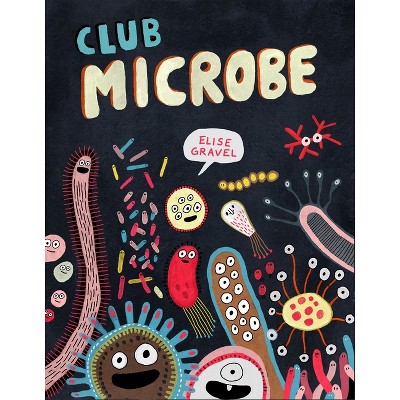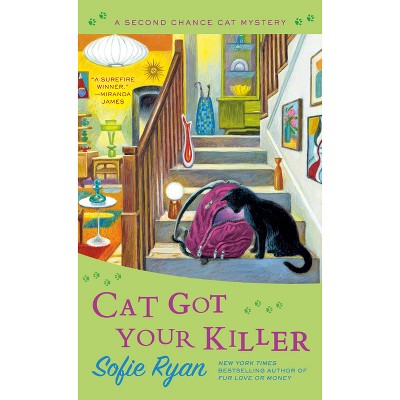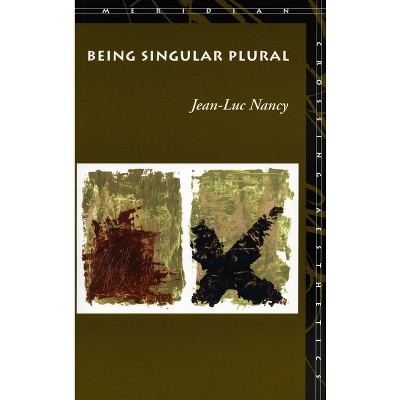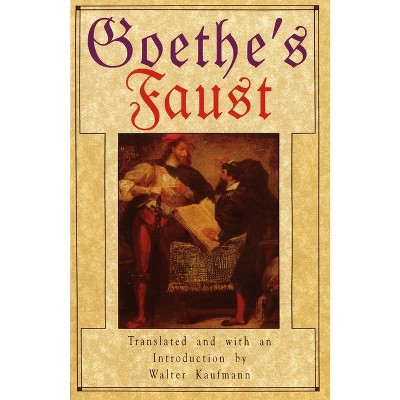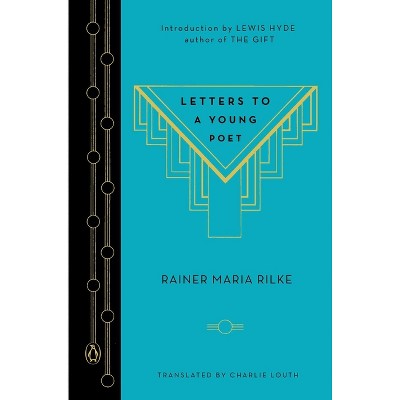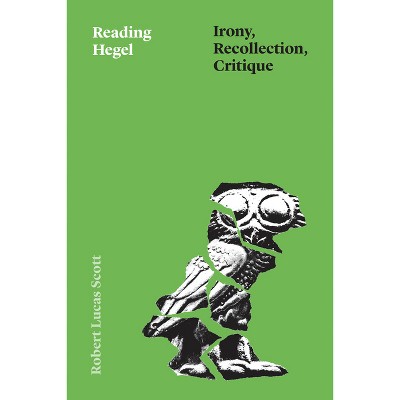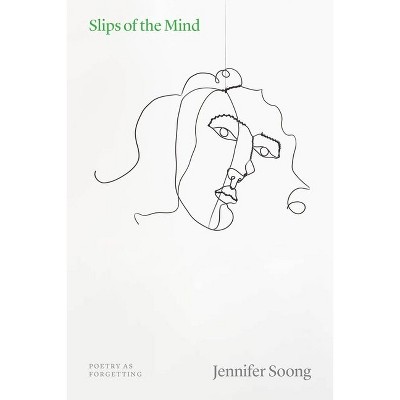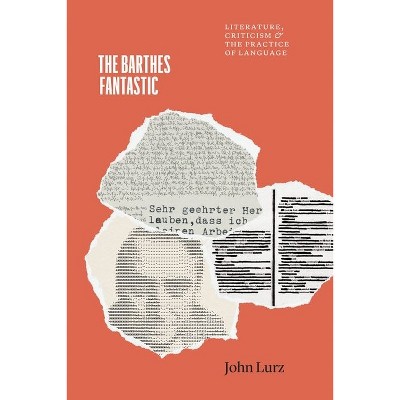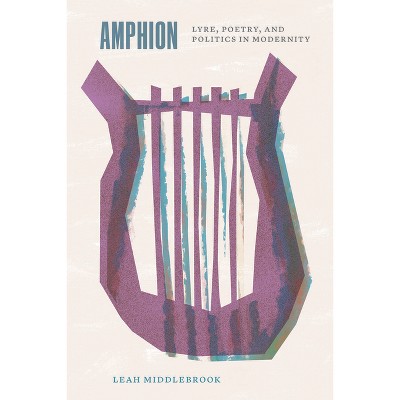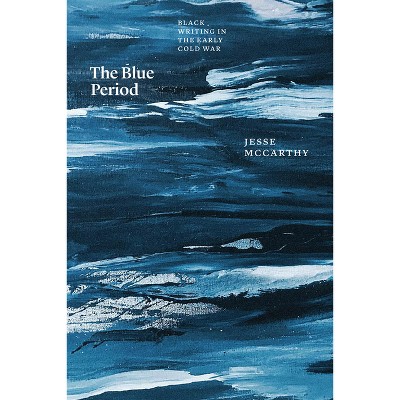Sponsored

Joy of the Worm - (Thinking Literature) by Drew Daniel (Paperback)
$30.00
In Stock
Eligible for registries and wish lists
Sponsored
About this item
Highlights
- Consulting an extensive archive of early modern literature, Joy of the Worm asserts that voluntary death in literature is not always a matter of tragedy.
- About the Author: Drew Daniel is associate professor of English at Johns Hopkins University.
- 288 Pages
- Literary Criticism, Renaissance
- Series Name: Thinking Literature
Description
About the Book
"Voluntary death in literature is not always a matter of tragedy. Drew Daniel identifies a surprisingly common aesthetic attitude that he calls "the joy of the worm," after Cleopatra's embrace of the deadly asp in Shakespeare's play-a pattern where voluntary death is imagined as an occasion for humor, mirth, ecstatic pleasure, even joy and celebration. Daniel draws both a historical and a conceptual distinction between "self-killing" and "suicide." Standard intellectual histories of suicide in the early modern period have understandably emphasized attitudes of abhorrence, scorn, and severity toward voluntary death. Daniel reads an archive of early modern literary scenes and passages, dating from 1534 to 1713, that complicates this picture. In their own distinct responses to the surrounding attitude of censure, writers including Shakespeare, Donne, Milton, and Addison imagine death not as sin or sickness, but instead as heroic gift, sexual release, elemental return, amorous fusion, or political self-rescue. The "joy of the worm" emerges here as an aesthetic mode that shades into schadenfreude, sadistic cruelty, and deliberate "trolling," but can also underwrite powerful feelings of belonging, devotion, and love"--Book Synopsis
Consulting an extensive archive of early modern literature, Joy of the Worm asserts that voluntary death in literature is not always a matter of tragedy. In this study, Drew Daniel identifies a surprisingly common aesthetic attitude that he calls "joy of the worm," after Cleopatra's embrace of the deadly asp in Shakespeare's play--a pattern where voluntary death is imagined as an occasion for humor, mirth, ecstatic pleasure, even joy and celebration. Daniel draws both a historical and a conceptual distinction between "self-killing" and "suicide." Standard intellectual histories of suicide in the early modern period have understandably emphasized attitudes of abhorrence, scorn, and severity toward voluntary death. Daniel reads an archive of literary scenes and passages, dating from 1534 to 1713, that complicate this picture. In their own distinct responses to the surrounding attitude of censure, writers including Shakespeare, Donne, Milton, and Addison imagine death not as sin or sickness, but instead as a heroic gift, sexual release, elemental return, amorous fusion, or political self-rescue. "Joy of the worm" emerges here as an aesthetic mode that shades into schadenfreude, sadistic cruelty, and deliberate "trolling," but can also underwrite powerful feelings of belonging, devotion, and love.Review Quotes
"Joy of the Worm shows us Daniel in conversation with many others, trying to account for a phenomenon that takes a community to understand and to reckon with. The book's capacious resonance chambers and its ambitious hospitality will make many readers want to go with its flow."-- "Modern Language Quarterly"
"Daniel's sustained meditation on ethics and interpersonal responsibility renders us keenly aware of a human behind the elastic prose who has thought deeply, imaginatively, and compassionately about the complexities of this subject. . . . Joy of the Worm holds inestimable value for literary scholars, early modern literature specialists, and anyone seeking an original treatment of suicide beyond the standard paradigms, narratives, and constructions."-- "Journal of British Studies"
"Drawing on intellectual and literary history, Daniel explores how voluntary death - distinguishing between suicide and self-killing - in literature goes beyond tragedy."-- "Renaissance and Reformation"
"This monograph is of value to students and teachers of early modern literature and culture, yet no review can adequately encapsulate the experience of reading it. Like the joy of the worm, the book itself evades the expected experience of its genre (the academic monograph) and instead offers--less dramatically than self-killing but with notable acuity--the indulgence of playful prose and the invitation to ponder life and death with indecorous delight. Many of its findings enlighten us about living as much as about dying."-- "Review of English Studies"
"It is a testament to the sheer brilliance of Drew Daniel's new book--and by 'brilliance' I mean not only its impressive intelligence but also the delightful sparkle of its prose--that I found myself, while reading it, frequently giggling with glee over his meditations on the topic of [suicide] . . . Above all else -- even beyond the persuasiveness of its arguments and sharp-eyed close readings -- the enjoyment the book generates stems largely from the wit and eloquence of its writing."-- "Modern Philology"
"The book is rich with references to literary critics, philosophers, and thinkers both ancient and modern; present-day thinking about suicide; and aspects of current popular culture but is always accessible and easy to follow. Undergraduates will find the sections on Hamlet and Antony and Cleopatra especially enlightening. . . . Highly recommended."-- "Choice"
"Joy of the Worm is a brilliant, deeply thoughtful, conceptually agile, ethically serious, and surprisingly funny work. Before the emergence of suicide as the pathologized act we currently understand it to be, self-killing enabled a wider set of affective and aesthetic responses. Alert to the difficulty of this topic, Daniel moves deftly back and forth between our twenty-first-century present and the early modern past so that we can understand our own assumptions for what they are: historically contingent ways of framing and perhaps diminishing a fundamental human possibility."-- "Timothy M. Harrison, author of 'Coming To: Consciousness and Natality in Early Modern England'"
"The lucidity of Daniel's razor-sharp prose is surpassed only by the boldness and sensitivity of his thought. Joy of the Worm resists the easy logic of secularization, whereby classical valorization and Christian condemnation of self-killing sequentially give way to a modern understanding of suicide as a cry for help. Instead, Daniel attunes us to materialist understandings and aesthetic representations of self-destruction in which cruelty and tenderness, sorrow and mirth, ugliness and beauty mingle conceptually and tonally. Daniel's meticulous and humane readings attune us to a complex affective and social landscape surrounding suicide."-- "Melissa E. Sanchez, University of Pennsylvania"
"What happens if we take seriously the failed seriousness of literary scenes of self-killing? 'Joy within death' is the ambit of Daniel's revelatory book, which gathers instances on both sides of Thomas Browne's Religio Medici (1643)--the work that debuted the word 'suicide'--to show this 'contrary aesthetic tendency' accreting generic force. By reckoning with the levity that animates the choice not to bear what must be borne, Joy of the Worm offers a brilliant and necessary meditation on the resources early modernity furnishes for finding pleasure in an age of destruction and setting down the burden of false hope."-- "Ellen MacKay, University of Chicago"
About the Author
Drew Daniel is associate professor of English at Johns Hopkins University. He is the author of Twenty Jazz Funk Greats and The Melancholy Assemblage: Affect and Epistemology of the English Renaissance.Dimensions (Overall): 9.0 Inches (H) x 6.0 Inches (W) x .6 Inches (D)
Weight: .85 Pounds
Suggested Age: 22 Years and Up
Number of Pages: 288
Genre: Literary Criticism
Sub-Genre: Renaissance
Series Title: Thinking Literature
Publisher: University of Chicago Press
Format: Paperback
Author: Drew Daniel
Language: English
Street Date: May 2, 2022
TCIN: 1006098340
UPC: 9780226816500
Item Number (DPCI): 247-43-7065
Origin: Made in the USA or Imported
If the item details aren’t accurate or complete, we want to know about it.
Shipping details
Estimated ship dimensions: 0.6 inches length x 6 inches width x 9 inches height
Estimated ship weight: 0.85 pounds
We regret that this item cannot be shipped to PO Boxes.
This item cannot be shipped to the following locations: American Samoa (see also separate entry under AS), Guam (see also separate entry under GU), Northern Mariana Islands, Puerto Rico (see also separate entry under PR), United States Minor Outlying Islands, Virgin Islands, U.S., APO/FPO
Return details
This item can be returned to any Target store or Target.com.
This item must be returned within 90 days of the date it was purchased in store, shipped, delivered by a Shipt shopper, or made ready for pickup.
See the return policy for complete information.
